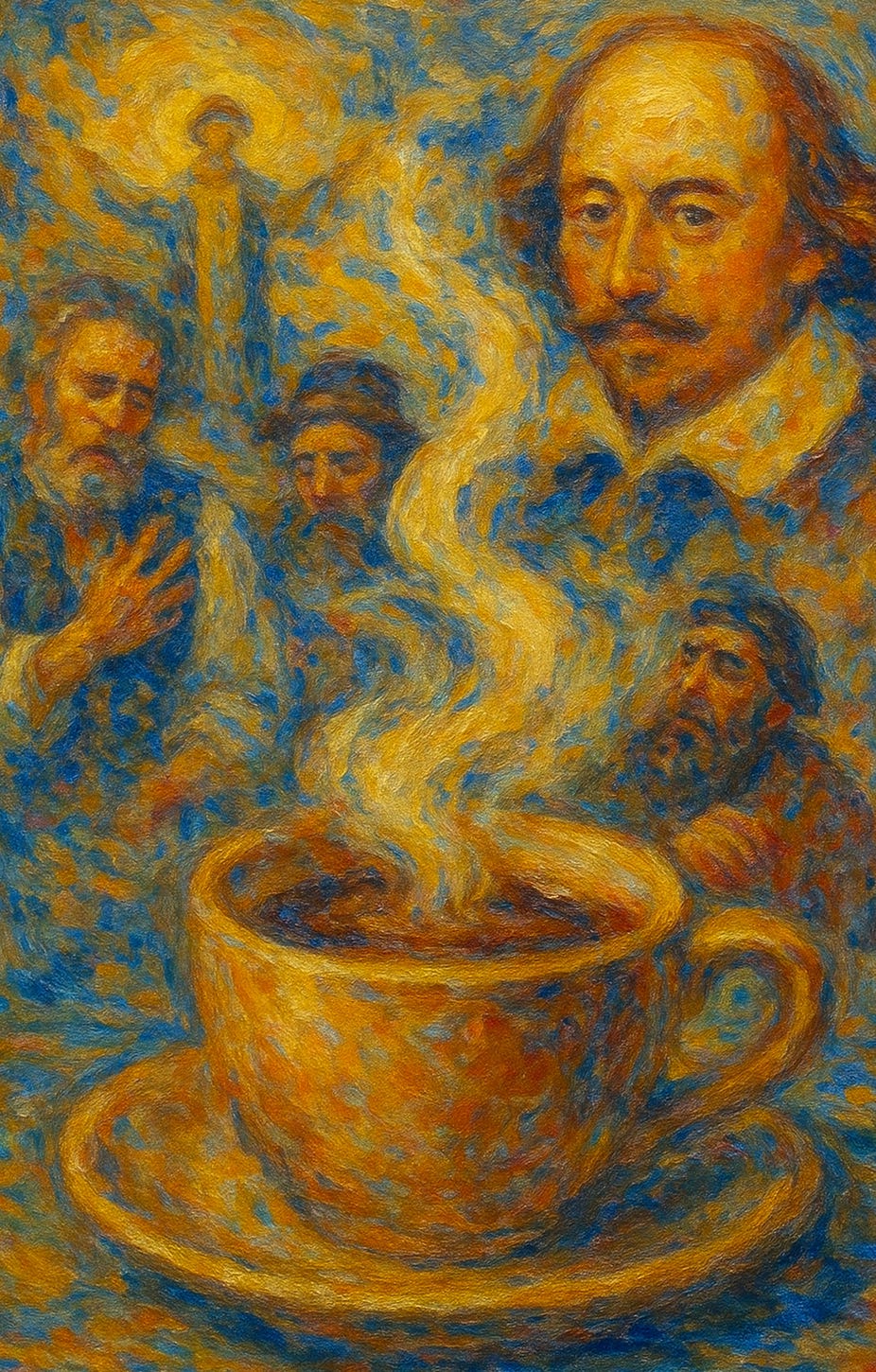Shylock, Shakespeare, and the Elizabethan Ethnostate: The Original Cancel Culture
But a pro-Jew play wouldn't have put bums in the seats.
If you believe in the importance of free speech, subscribe to support uncensored, fearless writing—the more people who pay, the more time I can devote to this.
Please subscribe to receive at least three pieces /essays per week with open comments. It’s $6 per month, less than USD 4. And now take 50% off.
Everyone says, "Hey, it’s just a cup of coffee," but please choose my coffee when you come to the Substack counter. Cheers.
Let’s begin by torching the quaint modern fantasy that William Shakespeare was some sort of Renaissance Robin DiAngelo, quietly deconstructing bigotry between quill strokes.
The Bard was not scribbling blank verse from a position of enlightened inclusivity. He was, in fact, a man of his time—and what a time it was. A time when Jews weren’t just marginalised; they were gone. Banished. Booted. Legally evicted under the Edict of Expulsion of 1290 by King Edward I, because—why not?—nothing says national renewal like expelling a few thousand of your most economically usef…




